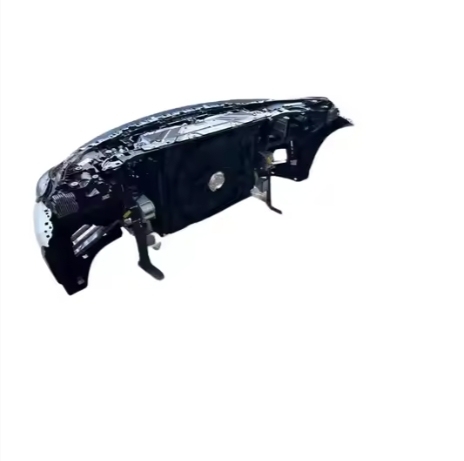4,345
November 21, 2024, 10:37 AM
On November 20, it was reported that the "involution" phenomenon in the tire industry has always been the focus of attention inside and outside the industry. Although the tire industry has undergone large-scale transformation and upgrading in recent years with the promotion of China Rubber Industry Association and governments at all levels, the current situation of "big but not strong" still plagues the entire industry, preventing "curling" vicious competition has become an urgent problem.

In the competition in the tire industry, price involvements are particularly prominent. Price wars, uneven quality of after-sales services, proliferation of weight-loss tires and endless credit problems all stem from excessive competition for prices. In particular, the problem of credit accounts has become a major problem in the industry. Many dealers have closed down due to credit, partners have lost trust due to credit, and manufacturers have parted ways due to credit. However, this "unspoken rule of the industry" has not been curbed, but has become more and more intense, providing opportunities for lawless elements to take advantage of it.
In addition to the issue of credit, there is also a trend in the tire distribution industry to reject "stock tires". Some dealers believe that the performance and quality of tires produced for only 6-12 months are not as good as "fresh" tires. But in fact, the rubber molecules and related chemical components of the freshly made tire are unstable and take a period of time to precipitate and release before they can reach optimal use. According to the Carbon Black Industry Network, tires entering the stable period not only improve wear resistance, but also have indicators such as service life. Therefore, blindly pursuing "fresh" tires is not wise.
In addition, the tricks behind the invoices are also a major chaos in the tire industry. As tire sales profits decline, some dealers are willing to resort to tax evasion and tax avoidance in order to increase profits. They either do not issue invoices or issue false invoices, and some dealers even engage in illegal activities such as fake invoices and invoice sales in order to obtain rebates from manufacturers. However, even with these behaviors that wander in gray areas, dealers often suffer losses because manufacturers refuse to pay rebates for various reasons.
To sum up, the phenomenon and chaos in the tire industry need to be rectified and regulated urgently. Only through the joint efforts of the entire industry and the active guidance of the government can the tire industry be promoted to achieve healthy and sustainable development.











